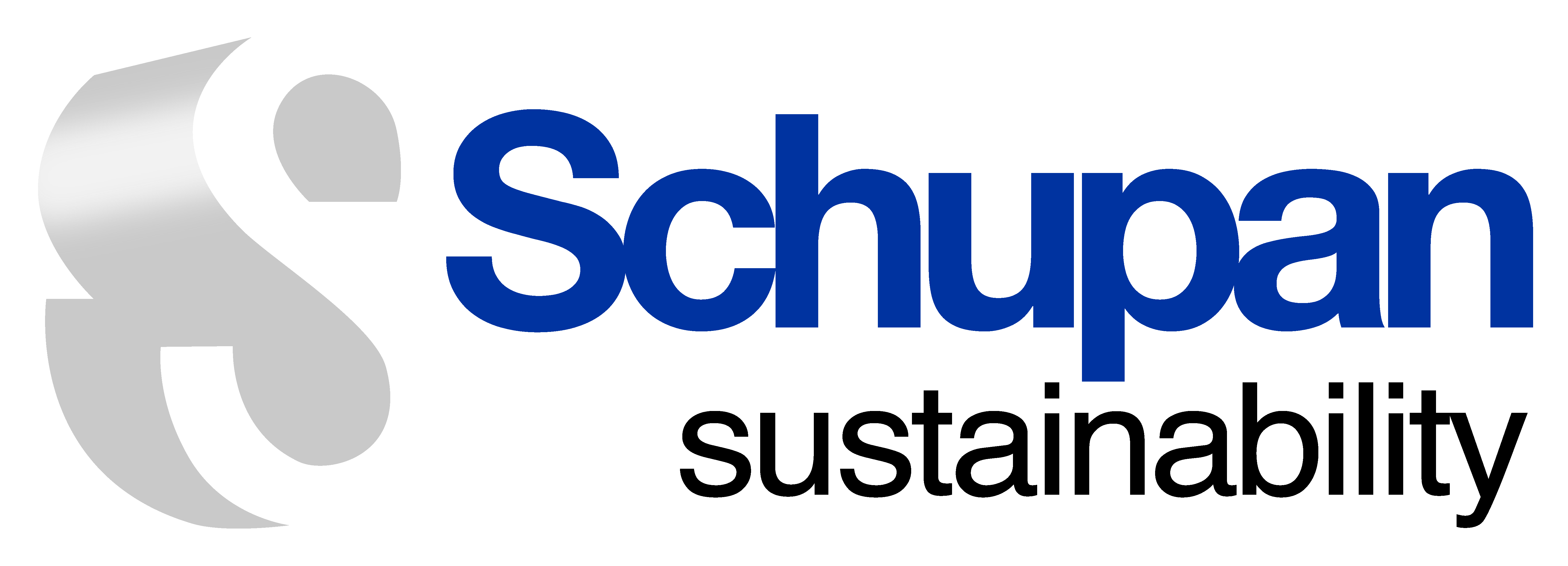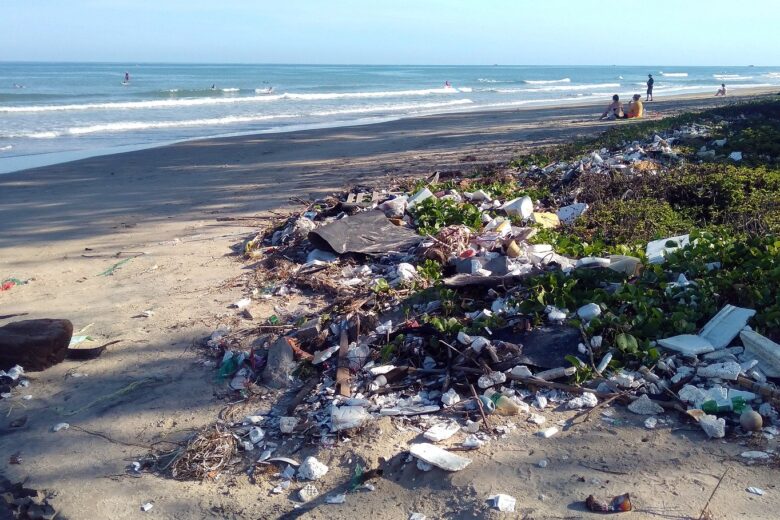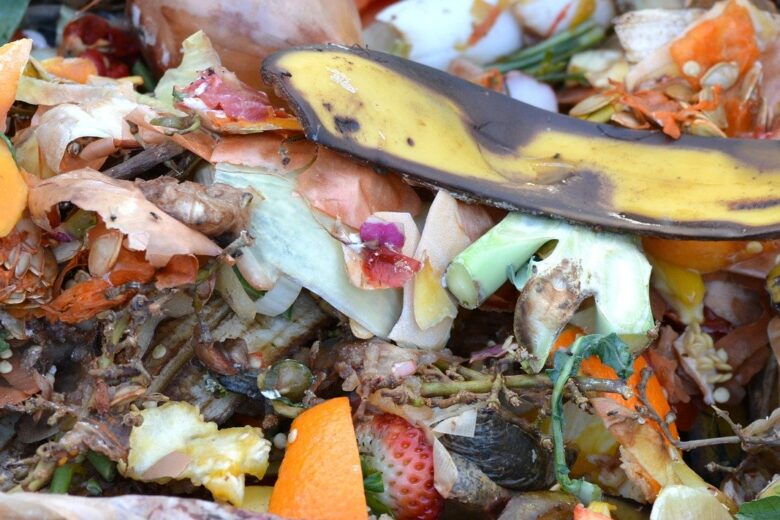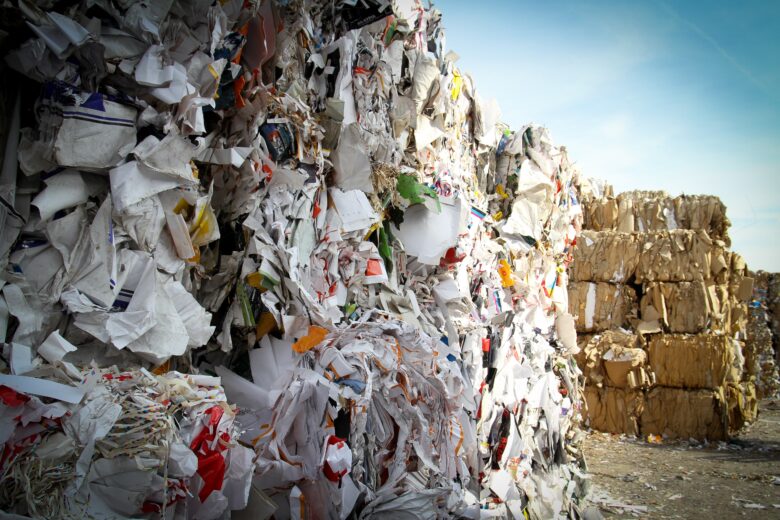You and your team decide to implement a sustainability program. But where do you start? The road to being environmentally friendly can be cumbersome and confusing. There are many places to start, elements to consider, and if you choose to seek a certification, specific mandates to follow. Aside from those specific parameters set forth in certifications, we break down programming into five basic categories:
- Operations
- Vendors and Suppliers
- Food
- Venue
- Procurement
With five key environmental evaluations:
- Recycling and compost program(s)
- Materials Supplied (procurement)
- Carbon footprint
- Energy Consumption
- Water and Air
It may not be possible to accurately evaluate all of those environmental elements, but we recommend starting with those five areas to start your evaluation to determine your needs. Start by asking yourself questions.
- What materials are you generating that can be recycled? Are you serving bottled water or beer in cans or plastic cups? Are your vendors and suppliers producing cardboard from their operations?
- What type of food waste are you producing? Do you have catered meals where leftover food that is unserved is normally thrown away? Are your food vendors producing food with a lot of food waste (like a smoothie vendor with their banana peels, fruit and watermelon rinds)?
- What materials are you using that either are recyclable or could be recyclable? Your event signage…what is it made out of?
- Are you hiring local companies to meet your needs or do your vendors and suppliers have to travel long distances, increasing your carbon footprint?
- What type of power do you have at your event or venue? Are you using LED lights where possible or biodiesel generators? Is the venue where your event is taking place working with their utility company to use renewable energy sources?
- Where is your water consumption? Is your grey water being properly disposed of? Do you have a refillable water station on-site?
Your answers to these types of questions will help guide you in your next steps. Depending on your event type, location, and venue, some sustainability features may be harder to adopt than others.
If you are going to transition your event to incorporate some sustainability features, you may want to consider a more formal, phased in, approach.
Drafting a Sustainability Policy
Creating a written sustainability policy, can be beneficial to creating or growing your program. Written plans provide policies for staff and vendors to follow while demonstrating your commitment. These documents can be helpful in guiding your procurement process, to enforce new mandates and provide support from top down leadership.
Creating a Sustainability Roadmap
After your self-assessment, you will have a good idea on where your sustainability program stands. Now where do you want to go? Do you want to achieve zero-waste? Do you want to become carbon neutral? If you are eligible for a certification, do you want to obtain one? Write down on your piece of paper where you are starting and where you would like to end up. From the five environmental evaluations we listed above, start examining your program and put together an action plan to achieve your goals and objectives.
If you have questions assessing your sustainability needs or creating your own sustainability program, feel free to give us a call at 269-382-2200 for a free consultation.





